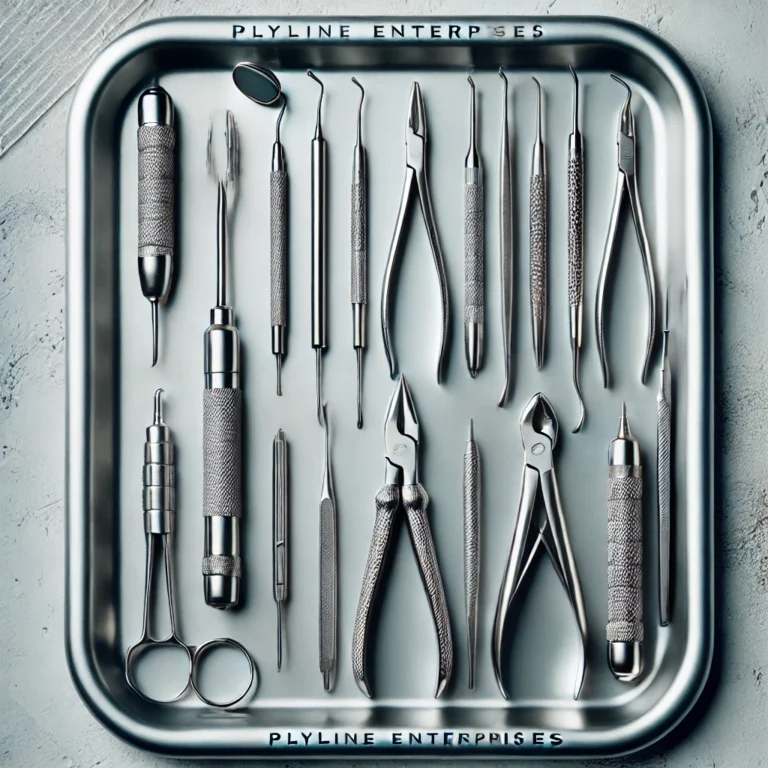Selecting the right dental instruments is essential for maintaining precision, efficiency, and patient satisfaction. Whether you are a dental professional, a clinic owner, or a supplier, investing in high-quality instruments ensures long-term reliability and superior performance. Here’s a comprehensive guide to help you choose the best dental instruments for your practice.
1. Understand Your Needs
Before purchasing dental instruments, evaluate the specific needs of your practice. Consider:
-
The type of procedures you perform
-
The frequency of instrument usage
-
The level of precision required
2. Material Quality and Durability
High-quality dental instruments are typically made from stainless steel or titanium. Look for instruments that offer:
-
Corrosion resistance to prevent rusting
-
Long-lasting sharpness for efficient cutting and precision
-
Ergonomic design to enhance comfort and reduce hand fatigue
3. Compliance with International Standards
Ensure that the instruments meet global standards such as:
-
FDA (Food and Drug Administration)
-
ISO (International Organization for Standardization)
-
CE Certification (European Compliance)
Compliance guarantees that the instruments are safe, durable, and effective.
4. Supplier Reputation and Warranty
Choose a trusted manufacturer or supplier with a strong reputation for quality. Research their:
-
Experience in the industry
-
Customer reviews and testimonials
-
Warranty policies and after-sales support
5. Precision and Performance
The accuracy of dental instruments directly impacts patient outcomes. Ensure that the tools you choose provide:
-
Consistent performance for every procedure
-
Fine craftsmanship for intricate dental work
-
Easy sterilization to maintain hygiene standards
6. Cost vs. Value
While cost is an important factor, prioritize value over price. High-quality instruments might have a higher upfront cost but offer better longevity and performance, reducing replacement frequency and long-term expenses.
7. Must-Have Instruments for Every Dental Clinic
Some essential dental instruments include:
-
Diagnostic Tools: Mouth mirrors, probes, and explorers
-
Extraction Tools: Forceps and elevators
-
Restorative Tools: Excavators, burnishers, and carvers
-
Periodontal Instruments: Scalers and curettes
-
Surgical Instruments: Needle holders and scissors
Conclusion
Choosing the best dental instruments is an investment in efficiency, precision, and patient care. By focusing on material quality, compliance, supplier reputation, and performance, you can ensure that your practice is equipped with the finest tools. Always opt for instruments that align with your specific needs and meet international standards to achieve the best results.
